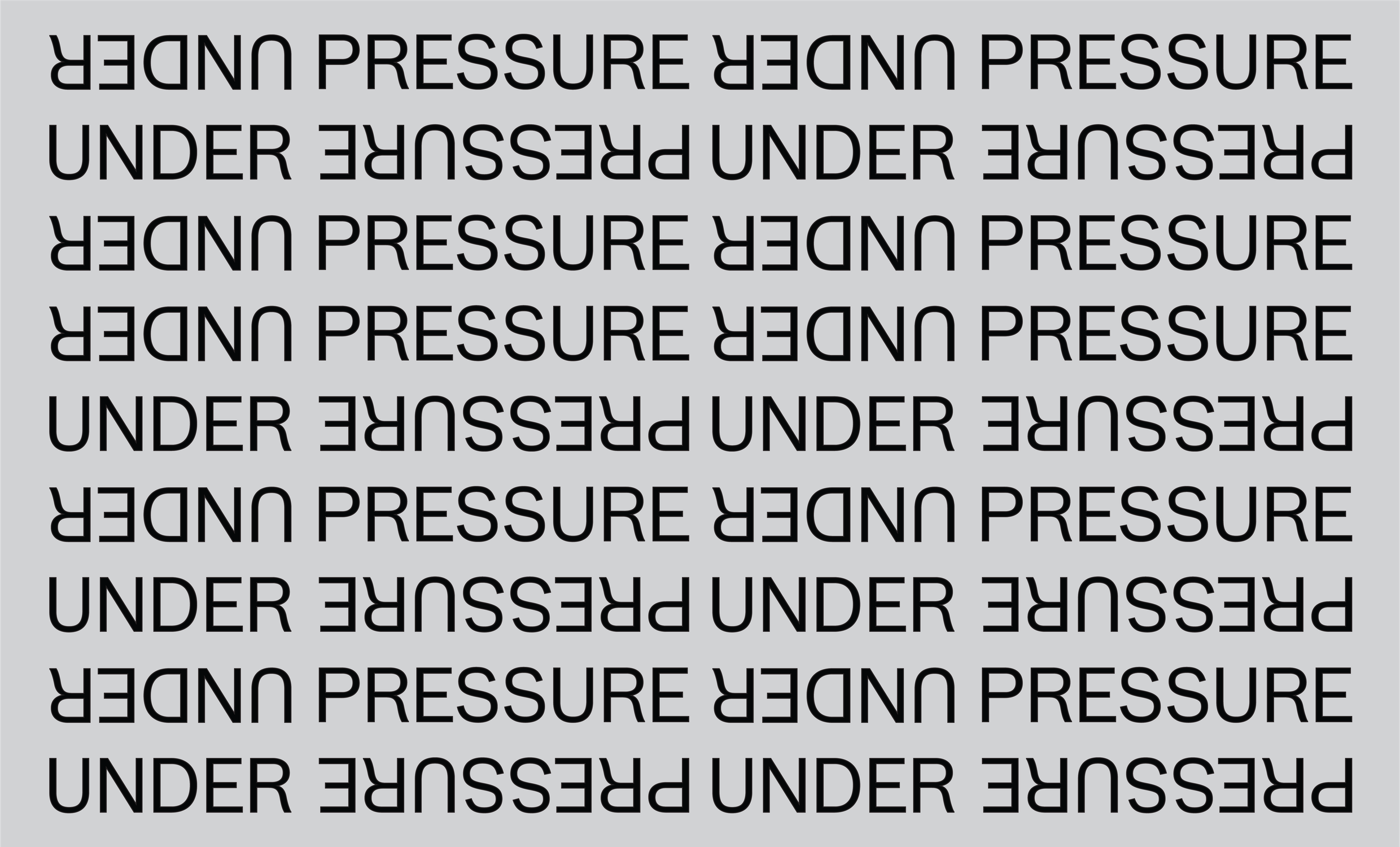CIMAM addresses the issues of xenophobia and climate emergency

PR 23 September 2021
CIMAM addresses the issues of xenophobia and climate emergency at the celebration of its 53rd Annual Conference in a hybrid format.
- CIMAM, the International Committee for Museums of Modern Art, will hold its 53 Annual Conference November 5-7, hosted by the Muzeum Sztuki in Lodz and the NOMUS New Art Museum/ Branch of the National Museum in Gdansk (Poland).
- This year's conference will offer a hybrid format with the programs adapted to physical and virtual scenarios, to facilitate access and attendance for all CIMAM audiences to reflect on a keenly debated topic:
UNDER PRESSURE. MUSEUMS IN TIMES OF XENOPHOBIA AND CLIMATE EMERGENCY
While the pandemic appears to be the most pressing challenge today, it is merely a vector of more global political and environmental changes. The conference will address the roles of artists and museums in this dramatically changing global situation. How can artists be agents of change, and museums be places to test proposals for the communities of the future? Can museums guide processes of political and/or technological solutions?
During the three days of discussions, the conference will focus on the two interconnected current crises of Xenophobia and Climate Change, and the sometimes hidden or unexplored connections between the two.
Keynote speakers and relevant case-study presentations will show how institutions, artists, and thinkers working together can provide practical laboratories concerning these emerging issues and offer methodological tools to combat discriminatory and nationalistic tendencies in an increasingly divisive and divided world.
Main topics of discussion
1st Day / Friday: Conflicts, Crises, and the Politics of Growth
As a preview of the subjects to be debated, the first day of the conference will examine closely
how xenophobia and the climate emergency are intertwined, their commonalities, and the most recent institutional and curatorial responses to them. If the Anthropocene has been born out of a capitalist acceleration that is reaching its peak, what will happen next, and how can museums further the process of rethinking their subjectivities?
- Keynote 1 – Dipesh Chakrabarty, Lawrence A. Kimpton Distinguished Service Professor of History, The University of Chicago, Chicago, USA. Museums and the Chronopolitcs of the Anthropocene
- Keynote 2 – T. J. Demos, Patricia and Rowland Rebele Endowed Chair in Art History and Visual Culture, and Director of the Center for Creative Ecologies, UC Santa Cruz; Santa Cruz, USA. Museums and Climate Emergency: Between Economic Determinism and Radical Futurity Perspective 1 – Jaroslaw Lubiak, Dr. Art College, Szczecin, Poland. Curating Resources: Museums and Deep Adaptation
- Perspective 2 – Joanna Sokolowska, Independent Curator, Poland. Exercises in Imagination
2nd Day / Saturday: Museums as Spaces for Recognizing Differences
The second day of the conference will shed light on the possible role of museums as spaces for
recognizing differences and learning to respect them. Museums today face fierce xenophobic reactions and emotions fostered for political and economic reasons. Is there a way of addressing these reactions at the level of institutional programming? How can an art institution evolve to create platforms for a better understanding of difference?
- Keynote 3 – Rita Segato, Professor of Anthropology and Bioethics in the UNESCO Chair at the University of Brasilia; Brasilia; Brazil. From xenophobia to racism and the possible libertarian role of the museum
- Perspective 3 – Hilke Wagner, Direktor Albertinum, Staatliche Kunstsammlungen Dresden, Dresden, Germany. The Dresden "Bilderstreit". A case study from (East) Germany
- Perspective 4 – Oleksiy Radynski, Filmmaker and Writer, Visual Culture Research Center, Kyiv, Ukraine. Museum of Extraction
- Perspective 5 – Alex Baczynki-Jenkins, Artist and choreographer, Berlin/Warsaw.
3rd Day / Sunday: New Perspectives on Climate and Commonality
The aim of the third day of the conference, to be held in Gdansk, is to go beyond disciplinary
thinking in addressing the responsibility of museums in times of climate emergency, tackling not only the natural environment but also the atmospheres of the commonplace. Being aware that our material and social environments are not separate entities, it is essential to look towards unique research and practice fields that represent transdisciplinary approaches toward the environments we inhabit. How can we be more attentive, responsible, and engaged in the process of making museums more sustainable in the broadest sense?
- Keynote 4 – Maristella Svampa, Sociologist and writer, Bariloche, Argentina. Pandemic, Socioecological Crisis and Alternative Proposals from the South
- Perspective 6 – Pelin Tan, Senior Researcher, Center for Arts, Design and Social Research, Boston. Prof.Faculty of Fine Arts, Batman University, Turkey. Field as Entanglement and Transversal Methodology in Decolonial Practices
- Perspective 7 – Binna Choi, Director, Casco Art Institute: Working for the Commons, Amsterdam, Netherlands.What Does it Mean to Art-institute while Unlearning to Practice the Commons and Maintaining an Ecosystem?
- Perspective 8 – Otobong Nkanga, Visual artist, Antwerp, Belgium. A Circle Arching Out and Back – Carved to Flow
Besides the program of lectures, the museum team of Muzeum Sztuki in Lodz and the NOMUS Museum of New Art in Gdansk are organizing visits to local exhibitions to forge discussions away from the capital, helping to make the conference a space for intellectual exploration and research that more conservative venues are not always able to offer.
The CIMAM 2021 Annual Conference has been thought and organized by members of the Board of CIMAM and both hosting museums:
From the CIMAM Board:
- Malgorzata Ludwisiak (Chair), Independent Art Critic, Curator, Ph.D, Warsaw.
- Saskia Bos Independent Curator and Critic, Amsterdam.
- Victoria Noorthoorn, Director, Museo de Arte Moderno de Buenos Aires, Buenos Aires.
- Agustín Pérez-Rubio, Independent Curator, Madrid.
- Eugene Tan, Director, National Gallery Singapore and The Singapore Art Museum, Singapore.
From the hosting museums in Lodz and Gdansk:
- Daniel Muzyczuk, Head of Modern Art Department, Muzeum Sztuki, Lodz.
- Jaroslaw Suchan, Director, Muzeum Sztuki in Lodz, Lodz.
- Aneta Szylak, Curator, NOMUS New Art Museum/ Branch of the National Museum, Gdansk.